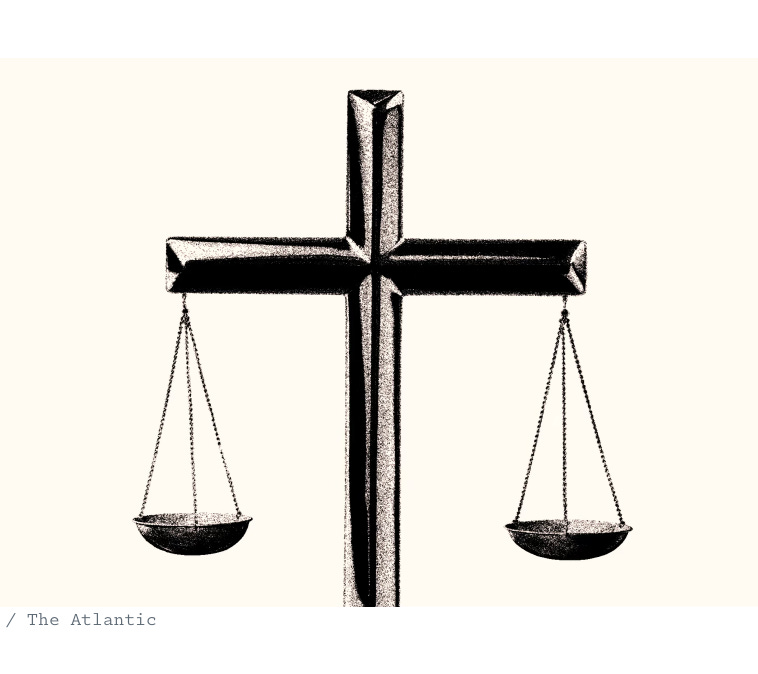Flying Horsemen and Gratitude - Jonathan Voos
- Ryan Culp
- Oct 3, 2025
- 3 min read
How a couple of short stories helped fix my perspective...
May 14, 2023
Dear reader,
I’ve taken to reading short stories again. By saying I’ve taken to reading short stories again, what I really mean is that I’ve read two short stories in the past 48 hours. The most voracious readers of you lot might think two stories is nothing—an assertion I’d counter with this outdated meme:

Amid recovering from a thirteen-hour trip for my sister’s graduation, potentially writing on to law review, and beginning my first legal internship, two short stories is indeed a lot.
Now, much like Ja Morant on Instagram Live, it’s time to get back to the [gun] point.
The first short story I read came courtesy of Jonah Goldberg’s recent G-File (you might notice some stylistic similarities) addressing the bipartisan resurgence of New Deal economics. Goldberg linked to a macabre short story by W.W. Jacobs called “The Monkey’s Paw,” and used its theme—be careful what you wish for—to illustrate the danger of the unintended consequences of reviving what he calls “Zombie New Dealism.” Both Goldberg’s and Jacobs’s pieces provide important perspective as to why we should practice showing gratitude for what we have. I’d highly recommend both.
Relatedly and more importantly for the purposes of this post, these two pieces led me to a second short story: Ambrose Bierce’s “A Horseman in the Sky.” Bierce’s story relays the peril of a young Virginian named Carter Druse who joined the Union Army rather than sticking with his father in the Confederacy. Druse, serving as a sentinel on a cliff critical to protecting the Union position, wakes up from a slumber and discovers an enemy horseman on the cliff spying down on the exposed Union Army. Druse struggles with the idea of killing the unaware man, but knows that failing to do so will lead to the decimation of his battalion. While I won’t retell the whole story—you really should read it—I will share the second-most riveting paragraph:
Druse withdrew his eyes from the valley and fixed them again upon the group of man and horse in the sky, and again it was through the sights of his rifle. But this time his aim was at the horse. In his memory, as if they were a divine mandate, rang the words of his father at their parting: "Whatever may occur, do what you conceive to be your duty." He was calm now. His teeth were firmly but not rigidly closed; his nerves were as tranquil as a sleeping babe's—not a tremor affected any muscle of his body; his breathing, until suspended in the act of taking aim, was regular and slow. Duty had conquered; the spirit had said to the body: "Peace, be still." He fired.
We ultimately find out that the horseman Druse shot had been his own father.
Like the G-File and “The Monkey’s Paw,” Bierce’s heart-wrenching tale provides valuable perspective on decisions and duties. For me, the past five months have involved some difficult decisions. At times, I have let these decisions get the best of me as I’ve struggled with inaction and indecisiveness. Feeling weighed down and overwhelmed by my circumstances, I’ve sometimes lost sight of what matters and of all the ways God has blessed me. Reading Bierce’s story helped remind me of these blessings.
While “A Horseman in the Sky” is a fictional account, the Civil War did pit father against son, brother against brother, neighbor against neighbor, and countryman against countryman. Conceptualizing how I would handle a decision as grave as the decision Druse faced—either killing his own father or allowing thousands to die because he failed his duty—really makes deciding which 2L activities to pursue seem like a mere trifle.
And, in the grand scheme of things, the current decisions I have to make are but mere trifles. God has everything under control. My focus should remain on giving thanks for what I have rather than worrying about trivial problems.
If I ever am faced with a decision as grave as the decision in Bierce’s story, I pray that God will give me the wisdom and courage to follow his will. Until that day comes, I must remember to cast my cares on Him and take solace in His grace, wisdom, and mercy.


Comments